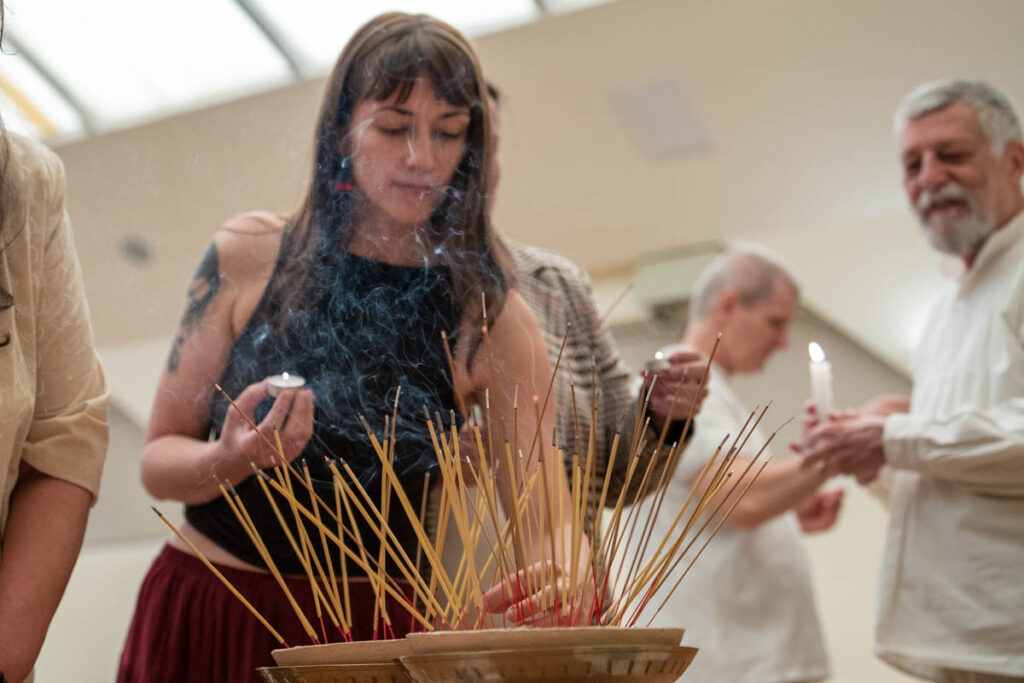
- Featured news, News

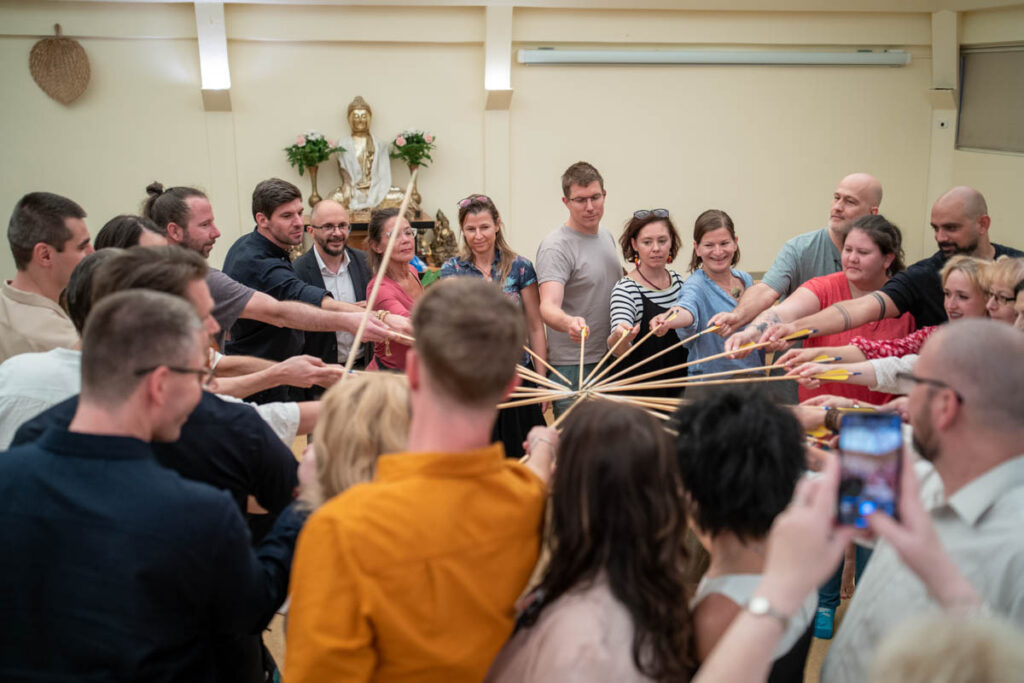
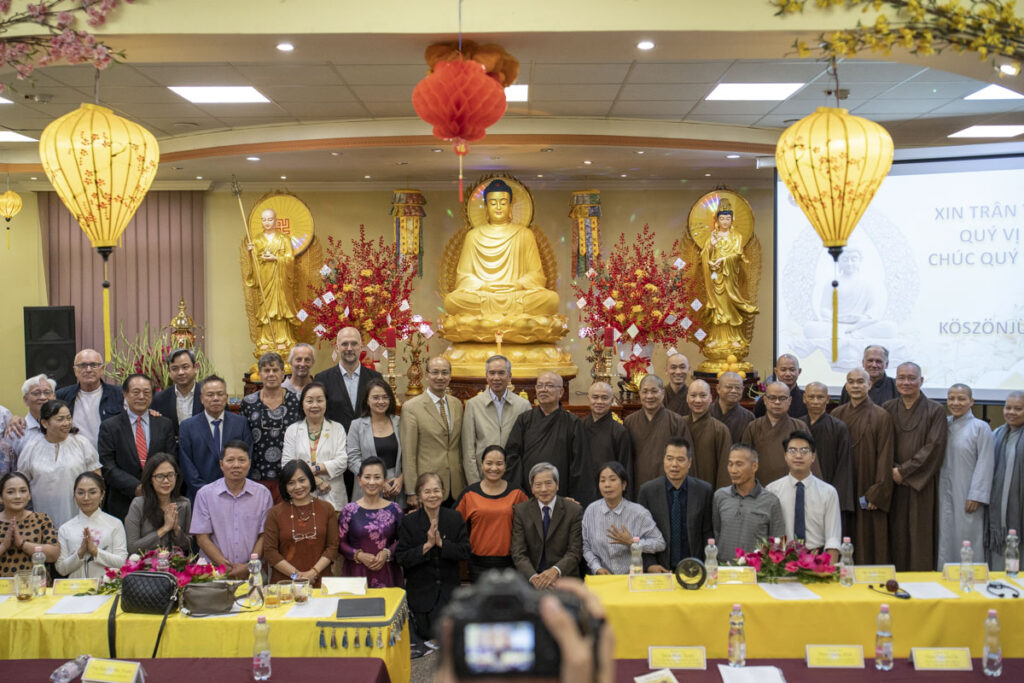
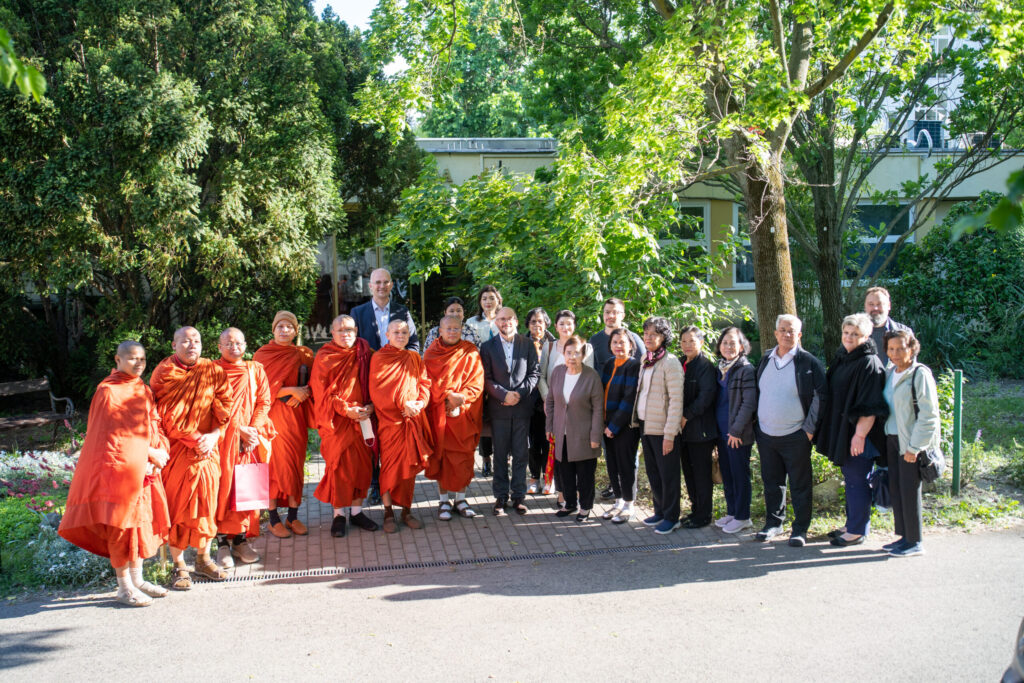
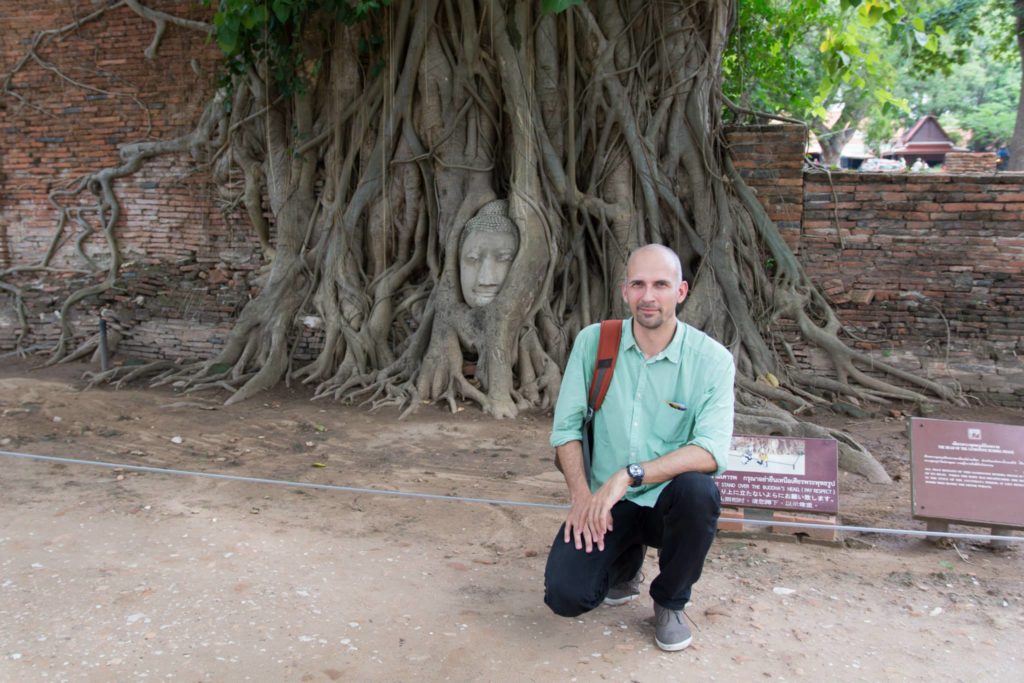
Dr. Péter Győri
Adjunct Lecturer, Academic Director at The Gate of Dharma Buddhist College
(Zen Meditation, Zen Koan, Japanese Garden Art)
Nearly 20 years ago, during a regularly held philosophical discussion with a group of friends, I first encountered Zen. Then, at one of these meetings, someone casually mentioned that there was a Buddhist college in Budapest. I was surprised.
We arrived on time for our first Zen meditation session from the dormitory. The meditation leader asked everyone what they were looking for there. When it was my turn, I simply said, “I just crashed in.” Most of the practitioners started laughing. I looked around in confusion—what on earth had I said that was so funny? A few moments later, it dawned on me that I really had crashed in. What was I even doing there?
My interest in East Asian culture had already been present before I joined the College. I studied the Japanese language, watched Japanese, Korean, Chinese, and Hong Kong films—some of which I even subtitled into Hungarian. My dormitory roommates got to know this passion of mine as well. It was at the College that Japanese gardens became especially close to my heart. As a member of the self-education circle on Japanese and Zen gardens organized by The Gate of Dharma Zen Community, I embarked on a path that I am still following today. I wrote my thesis on Japanese tea gardens and my dissertation on the contradictory history of Zen garden development. Currently, I am pursuing doctoral studies in this field.
The dry landscape gardens found in Buddhist monasteries miniaturize the surrounding scenery into a confined space enclosed by walls. The rocks symbolize mountains, while the raked gravel evokes the image of rippling water. However, this picturesque scene was not created merely for aesthetic pleasure. The view before us serves as a continuous reminder—through stories—of the attitudes essential to Buddhist practice, such as perseverance and concentration. These stories also help create a tangible setting for us.
The history of the tea garden, for example, alludes to the Parable of the Burning House, guiding us into a space where we can experience the moment of stepping out of the burning house. Beyond the stories, the visual elements of the garden can also evoke a desired mental disposition. In dry landscape gardens, the riverbed—normally concealed by the flowing water—becomes visible before us every day. This garden scene uses the image of revelation in a tangible form, providing the practitioner with an opportunity to perceive the nature of the mind.